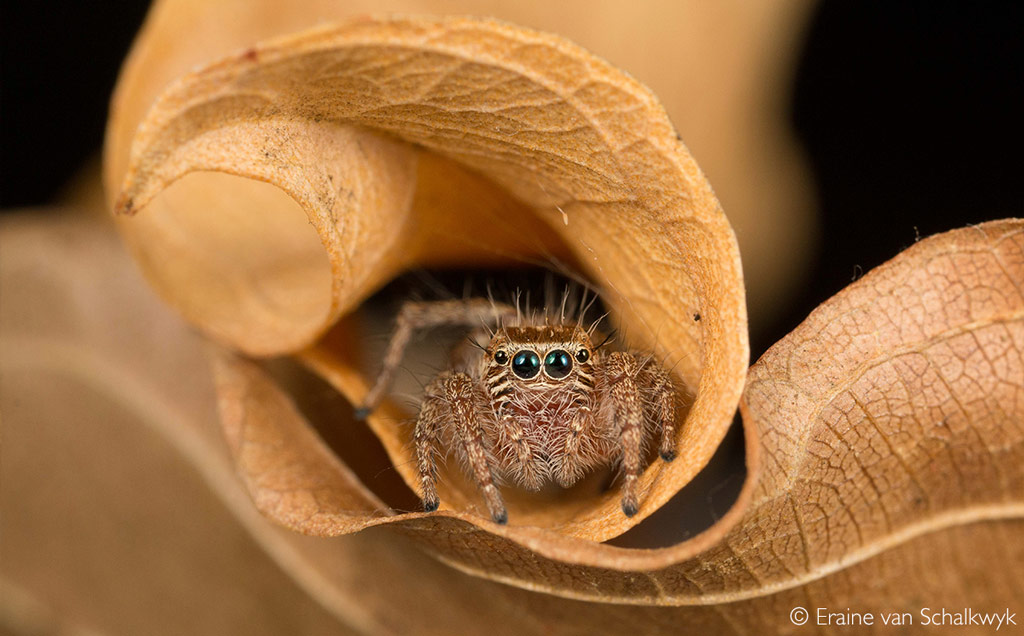
This is a copy of our weekly email newsletter. Subscribe here to receive the newsletter.
Kruger lion decline + Americans welcome + action pics
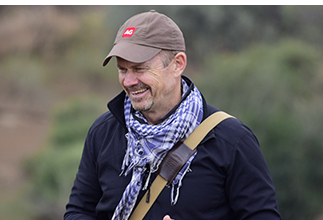
How welcome are American tourists in Africa as President Trump implements his policy changes? Some United States safari guests have expressed these concerns to our travel experts. This is what I tell them:
American society seems divided at the moment, with anxiety and aggressive rhetoric being the order of the day. And so I totally get why American tourists wonder if African society has also flipped into this state of uncertainty and fear in reaction to their President’s actions. Let me deal with that question clearly: NO, we have not.
HERE, IN AFRICA, we continue to respect and welcome Americans as adventurous, generous, educated guests – regardless of their political affiliations. We have bigger things to concern ourselves with, and we trust that the American people will solve their own issues.
It’s too early to predict the likely impacts of President Trump’s policies on Africa’s economies, but they will likely be severe for wildlife conservation and humanitarian projects that have grown dependent on USAID.
I sense a profound sadness about the situation rather than animosity towards the American people. There is the realisation that some African governments and NGOs have grown too dependent on aid (from all corners of the globe) and need to up their game to have more robust revenue-generation models. Also, there is hope that some vital aid support from the American people will return once President Trump has served his term.
More than ever, the African tourism industry needs our American (and other) friends to sustain our biodiversity and rural people in the current political climate – by visiting as tourists. Please share this message with your United States friends who are considering an African safari.

Simon Espley – CEO, Africa Geographic
From our Editor – Taryn van Jaarsveld
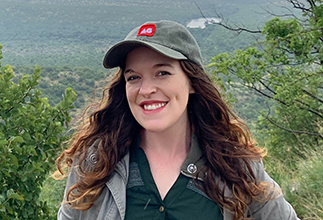
I’ve probably heard my last woodland kingfisher chatter of the season in a Johannesburg park this past week. These small but mighty birds will embark on their journeys north to warmer climates now. But where do they go? A new study has found that some woodland kingfishers are travelling 4,000km to South Sudan. But the biggest surprise is how and why they navigate the route to get there. Scientists tracking them with tiny geolocators found they migrate with remarkable precision, closely following the Intertropical Convergence Zone (ICZ). This is a moving band of seasonal rains that shifts north and south of the equator, attracting insects, small snakes, and frogs – and thus birds – at different times of the year. Their journey shows how deeply nature is connected: weather patterns, seasonal shifts, and even the smallest creatures moving in sync.
It’s been another bumper week of Photographer of the Year entries, with the pics coming in in droves. Enjoy our gallery filled with action-packed photos. Less than a month left to enter! Plus, a new survey sheds light on declining lion numbers in Kruger’s north. Check these out below.

DID YOU KNOW?
We donate a portion of the revenue from every safari sold to carefully selected conservation projects that make a significant difference at ground level. YOUR safari choice does make a difference – thank you!
Story 1
Story 2
 TRAVEL DESK:
TRAVEL DESK:
Discover the magic of Odzala-Kokoua National Park, Congo-Brazzaville, with two unique safari experiences. Choose between an immersive gorilla trekking adventure, where you track habituated lowland gorillas on foot through the forest, or a slower, lodge-based safari, offering rare sightings of unhabituated gorillas and other wildlife from elevated treehouse platforms overlooking forest baïs – a short walk from your room. Two incredible ways to experience Congo’s forest wonders:
Watch unhabituated western lowland gorillas and other shy forest creatures from the comfort of elevated treehouses overlooking forest clearings in Odzala-Kokoua NP, Congo-Brazzaville. Find gorillas, forest elephants, forest buffalos, bongos, dwarf crocodiles, huge flocks of grey parrots and green pigeons, and other iconic wildlife species that roam the forests, baïs and rivers of Odzala-Kokoua.
Still searching for that handcrafted experiential safari? Browse our ready-made safari ideas OR click here for free safari planning.
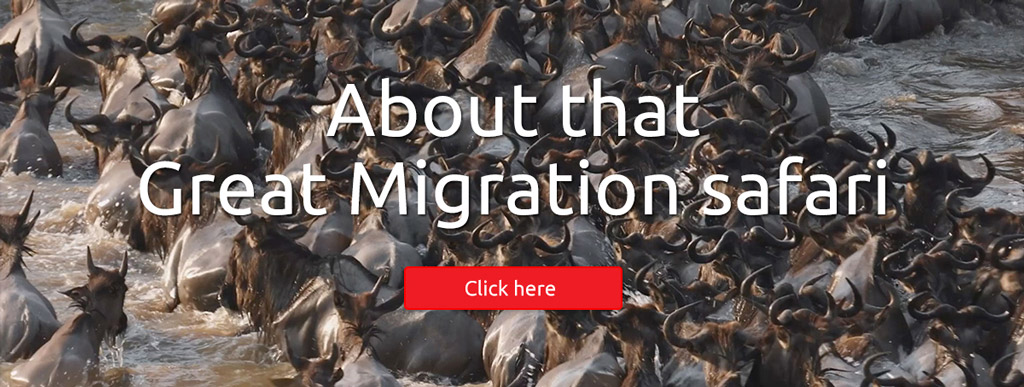
Our safari guests say…
Another 5-star review for teamAG, thanks to Nikolay’s whirlwind adventure to Uganda:
“An absolutely amazing experience! Murchison Falls National Park, a rhino sanctuary, chimpanzee trekking, numerous game drives… all beautifully fitted into a short 2-day trip! Outstanding support throughout, brilliant service. Memories for a lifetime! Keep it up Africa Geographic. Thank you!”
Get in touch today, and let AG start planning your dream safari.
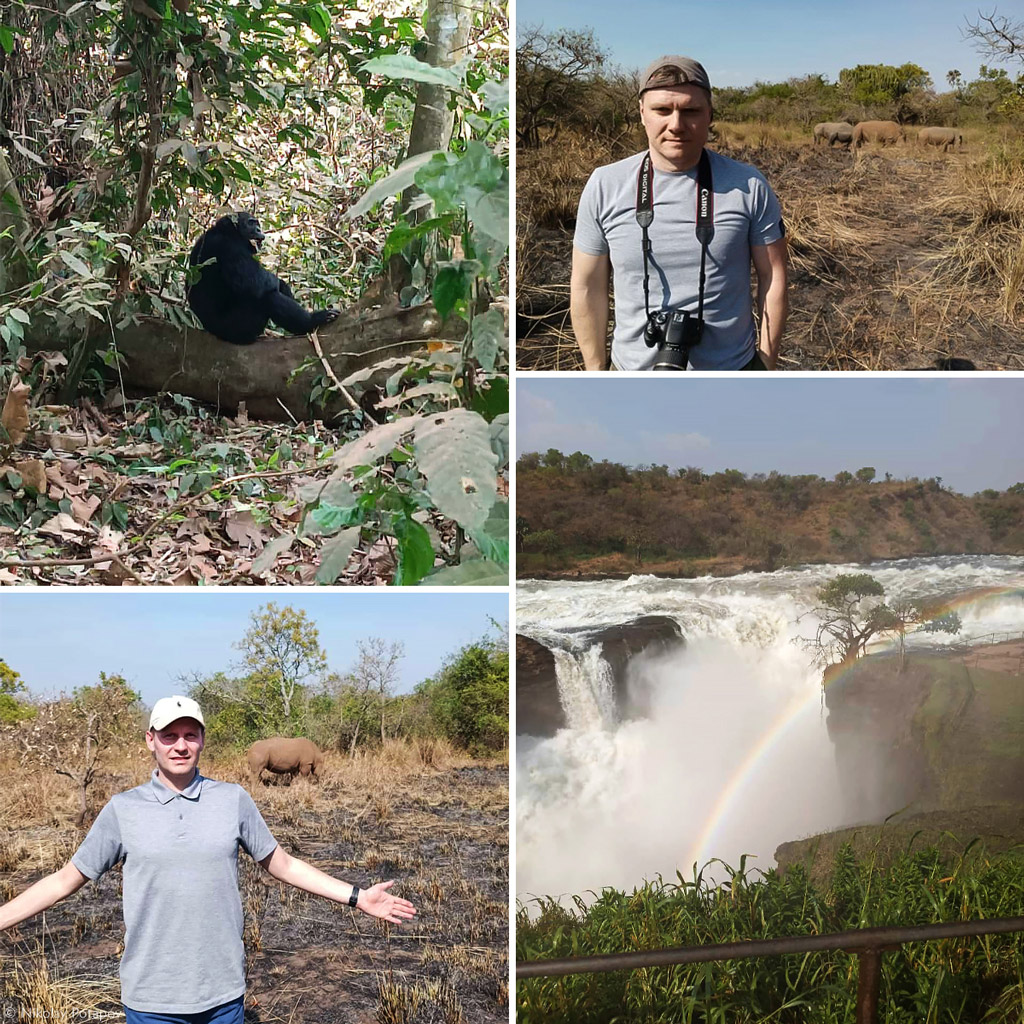
 WATCH: Botswana has more elephants than any other country on the planet. But what’s been hailed as a great conservation success story has become a deadly problem. While they have turbo charged photo tourism, in some parts of the country there are two elephants for every human. Stories of elephants causing havoc – destroying crops and even killing people – are fuelling anger towards these majestic animals. Journalist Stephanie March travels across Botswana to see who is benefitting and who is paying the price for this conservation triumph. (30:27) Click here to watch
WATCH: Botswana has more elephants than any other country on the planet. But what’s been hailed as a great conservation success story has become a deadly problem. While they have turbo charged photo tourism, in some parts of the country there are two elephants for every human. Stories of elephants causing havoc – destroying crops and even killing people – are fuelling anger towards these majestic animals. Journalist Stephanie March travels across Botswana to see who is benefitting and who is paying the price for this conservation triumph. (30:27) Click here to watch
For more videos celebrating Africa, check out our videos here
To comment on this story: Login (or sign up) to our app here - it's a troll-free safe place 🙂.![]()






